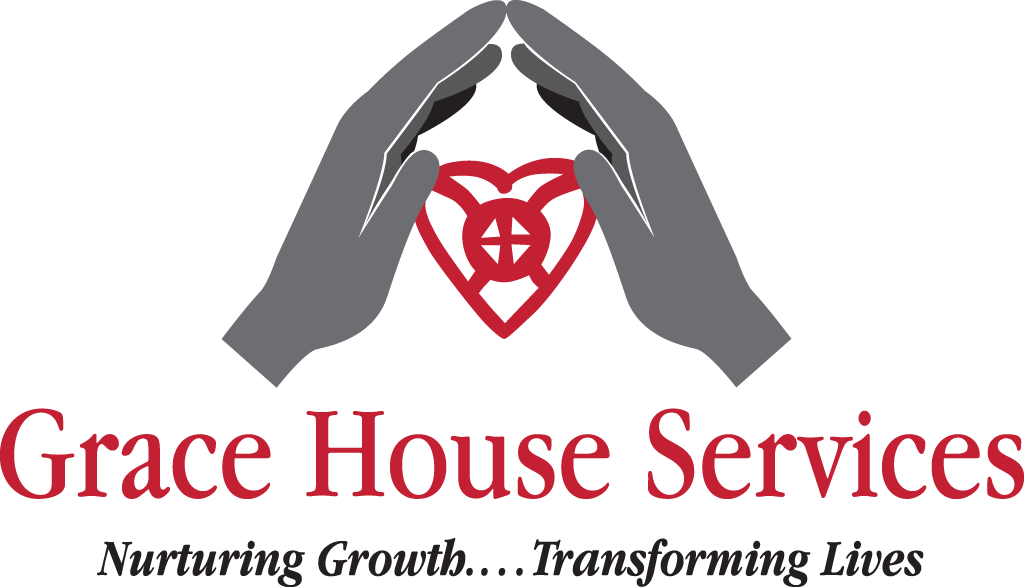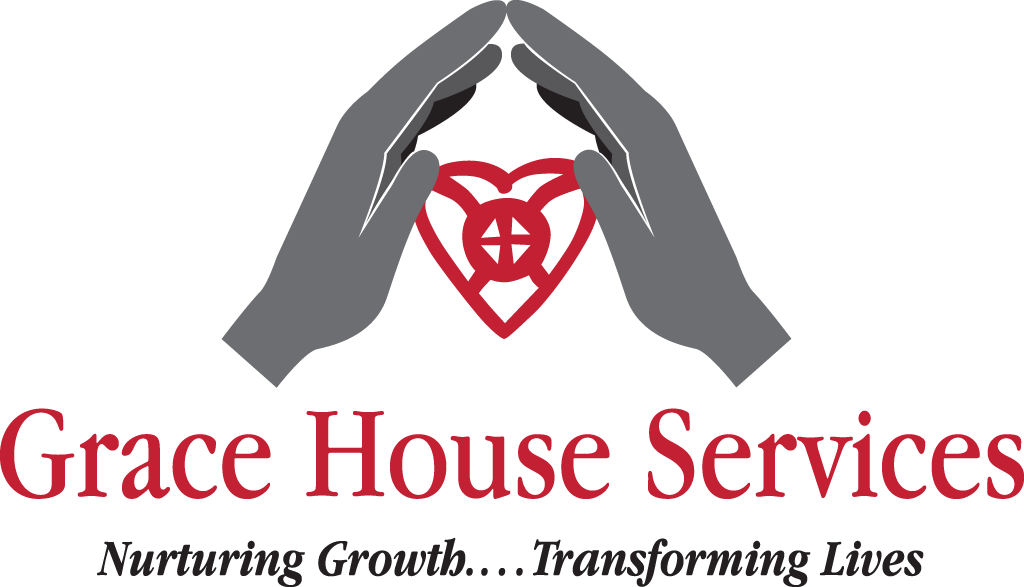HOPWA
Housing Opportunities for
Persons with AIDS
The HOPWA Program is the only Federal program dedicated to the housing needs of people living with HIV/AIDS. Under the HOPWA Program, HUD makes grants to local communities, states, and nonprofit organizations for projects that benefit homeless and low-income persons living with HIV/AIDS and their families. Our HOPWA program includes the following housing assistance options:
TBRA (Tenant-Based Rental Assistance)
Households are assisted with paying monthly rent based on a formula provided by HUD. The households pay 30% of monthly income, adjusted for out-of-pocket utility, medical, and childcare costs, directly to the landlord. Grace House pays the remaining amount of the rent. The applicant must be currently housed, HIV positive, and low income to qualify. Applicants will need a source to pay utility bills, but other options are available if no such option exists for the household.
STRMU (SHORT-TERM RENT MORTGAGE AND UTILITY)
The household is assisted with rent or mortgage and utilities at a rate determined through intensive case management up to the entire rent and utility cost. Assistance lasts up to 5 months (not required to run consecutively) in 12 months. STRMU is the only assistance available to help pay a person’s mortgage.
The goal of STRMU assistance under the HOPWA program is to provide short-term, stabilizing interventions to HOPWA-eligible households experiencing a financial crisis as a result of HIV/AIDS health conditions or a change in economic circumstances. As with all HOPWA programs, clients must be HIV positive and at or below 80% of the area median income (AMI).
PHP (PERMANENT HOUSING PLACEMENT)
The PHP program links affordable rental housing with voluntary, flexible, and individualized services to people with severe and complex disabilities, enabling people to live successfully in the community. Grace House can pay security and utility deposits, the first month’s rent, or other required costs to place a household into a housing unit. However, the total amount paid through PHP can not exceed the value of the unit’s two-month rent. Applicants must be HIV positive to qualify for PHP.
MASTER LEASING
The Master Leasing rental assistance model allows access to housing for people who may not otherwise be able to qualify as a tenant due to credit history, rental history, or other issues related to leasing eligibility. Grace House will execute a lease in the organization’s name for persons who have difficulty obtaining a lease for any reason. Master leasing can also be used when someone has other co-occurring issues, such as mental health or chemical dependency, that historically have led to behavioral evictions to help ensure continued housing.
TRANSITIONAL LIVING
The transitional living program provides a safe, stable, caring, supportive, and family-style environment for homeless men and women ages 18 and older who are living with HIV/AIDS. Transitional Living is a facility-based housing program on Grace House’s main campus. People assisted are homeless and unaccompanied by other family members. Persons may reside in transitional for up to two years. People who are housed in transitional housing are usually awaiting a permanent placement or in need of stabilizing due to chemical dependency or mental health conditions that impact abilities to remain stably housed. People move from transitional housing into permanent housing in one of Grace Houses’ other programs, another community-based housing opportunity, or by reaching the level of employment necessary to obtain housing without ongoing assistance. Individuals must submit an application, a recent TB test, and proof of a positive HIV test from a physician or medical clinic. The program can house nine men and four women.
PERMANENT FUTILITY-BASED HOUSING
The Permanent Housing program provides similar support as transitional housing but extends the support indefinitely for persons who have co-occurring issues that require ongoing support beyond the two years of transitional housing. Permanent facility-based housing is offered at Grace Houses’ main campus and is provided to persons who need ongoing support for daily living activities. Persons housed in this type of housing usually have long-impacting co-occurring issues with mental health, chemical dependency, physical health, or developmental problems.

